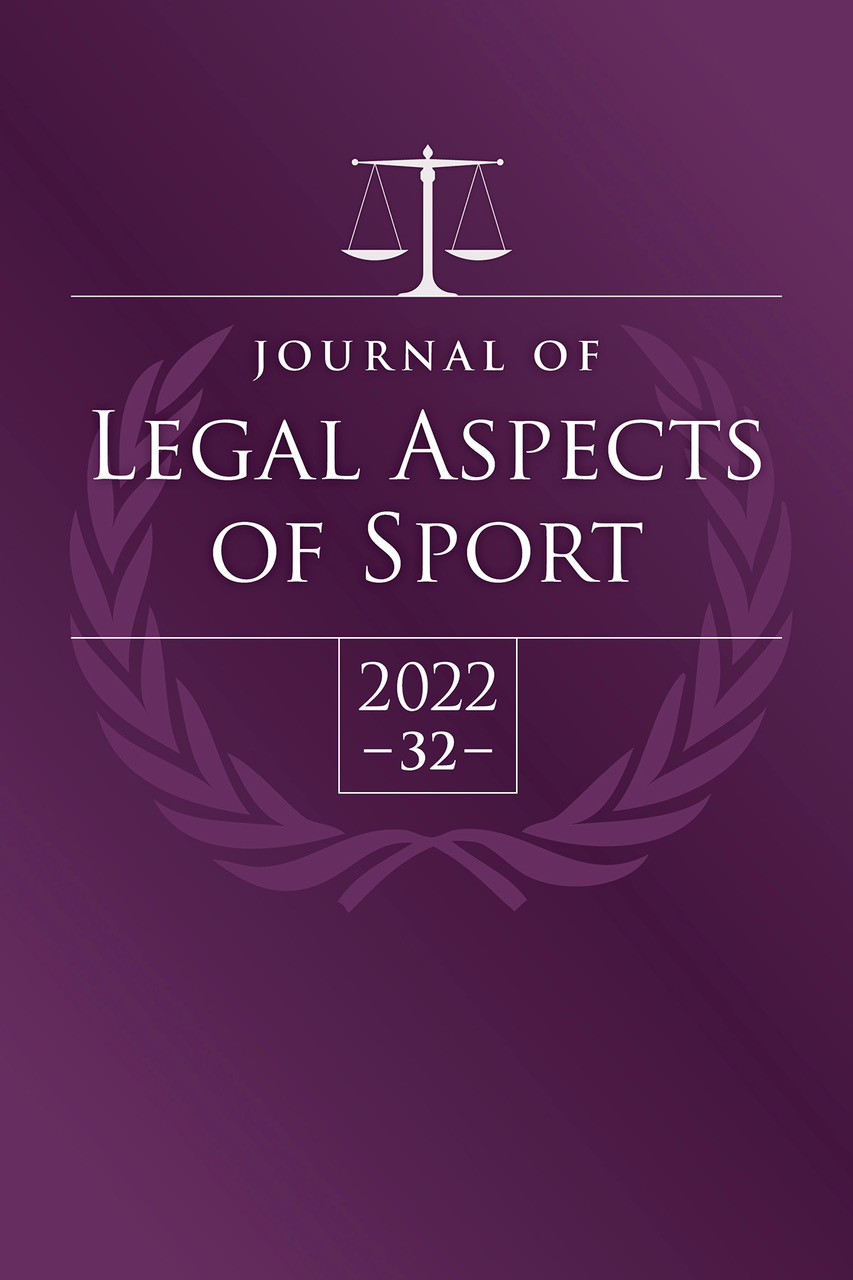Non-Fungible Tokens, Sports, and Intellectual Property Law Issues: A Case Study Applying Copyright, Trademark, and Right of Publicity Law to a Non-Traditional Ownership Vehicle
DOI:
https://doi.org/10.18060/26091Keywords:
intellectual property, trademark, copyright, licensing, right of publilcityAbstract
Non-fungible tokens (“NFTs”) are a recent addition to the cryptocurrency universe and have attracted the attention of different stakeholders in the sports world over the last two years. Because they can identify and authenticate particular content, NFTs have become a hot commodity among collectors and investors, in some cases selling for millions of dollars. The sports industry has been a major contributor to NFTs, with athletes, teams, colleges, and leagues issuing or planning to issue NFTs. Because of their recent vintage, NFTs are creating novel and significant intellectual property law issues. This article will explore some of the key issues by utilizing a case study of a hypothetical NFT production of an image found in a painting, which is based on a copyrighted news photo. The article will analyze the copyright issues—whether the NFT can be copyrighted, whether it constitutes a “transformative work,” and whether there are grounds to consider it a derivative or secondary work. This article will also discuss traditional concepts and dilution issues by trademark holders and publicity rights claims against the issuer of the NFTs by the estates of the athletes portrayed based on various state laws. It will then examine the balancing between the rights of estates to protect and profit from their images, and the free expression rights of the creator of the NFT. It will compare two principal standards for making this determination—the “transformative use” test adopted by the majority of federal circuits and the “predominant use” test utilized in Missouri. Recent case law will be cited, in addition to key statutes.

